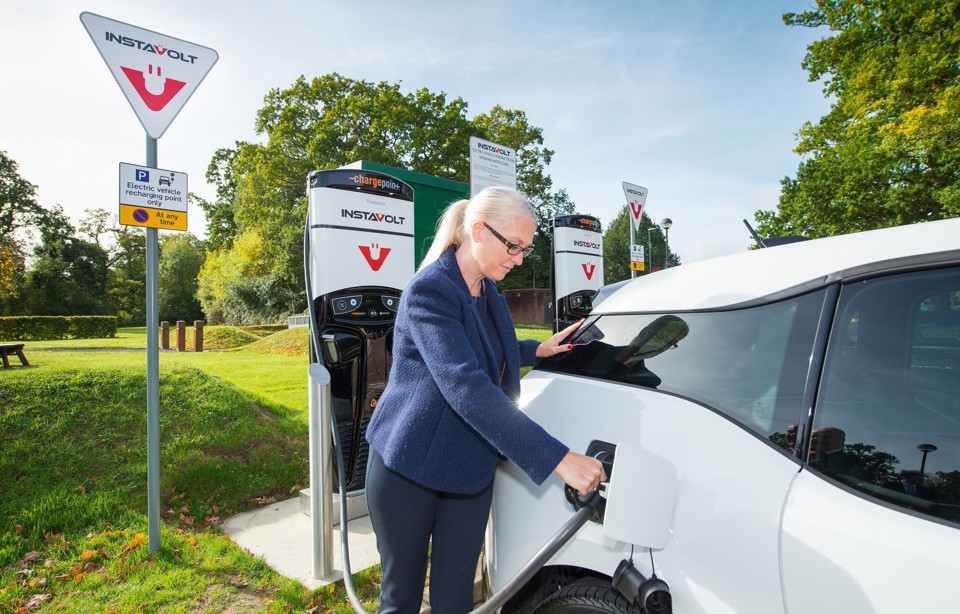The Government needs to provide fleets with more certainty over vehicle taxation and incentives to help better support electric vehicle uptake.
That was the view of the panel of experts taking part in the EV Investment – Help is at Hand debate.
Karl Anders, national public sector and EV manager at Nissan, added: “Fleets need to know what is going to happen in the future, they need stability: what will company car tax look like in the future, and what support will there be in terms of grants? The further ahead we know, the better.”
The Government also needs to show more joined-up thinking for vehicle taxation as a whole, said Paul Gambrell, transport consultancy manager, at the Energy Saving Trust.
“This needs to go through diesel and ULEVs because some of the taxation which happens with internal combustion engines doesn’t make sense and doesn’t lead to the right choices being made,” he said.
David Watts, consultant at Arval, agreed. “The main problem at the moment is taxation: we have no idea what is going on.
“We have no long-term sight of taxation of cars so, from a company car perspective, the Government could really do with helping us on that one.”
However, one thing the Government doesn’t need to do is provide funding for the public charging infrastructure, said Tom Callow, director of communication and strategy at Chargemaster.
“At the moment we are seeing no shortage of private capital lined up to invest in the public infrastructure,” he added.
“There is this common view out there that the Government needs to throw billions at the infrastructure. It doesn’t.
“It’s not just us, but there are three or four other players that are putting millions into the UK market.
“Apart from introducing more mandates for distribution network operators to upgrade local grids to cope with increased residential charging, the Government needs to introduce regulations to make land owners and landlords accept charging points.”

















Login to comment
Comments
No comments have been made yet.